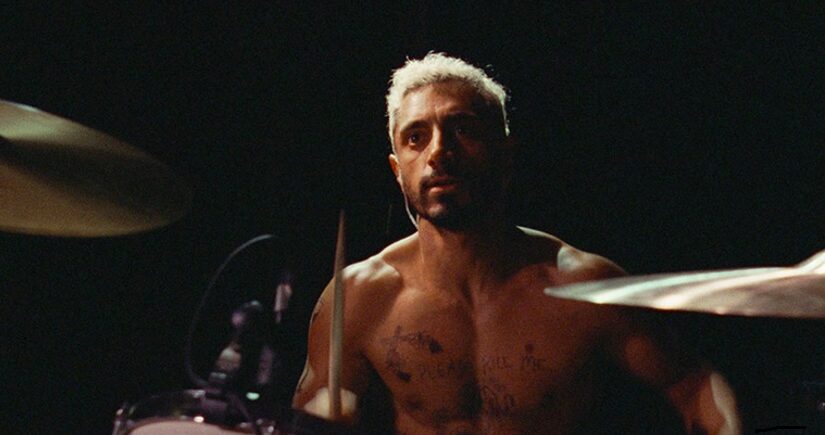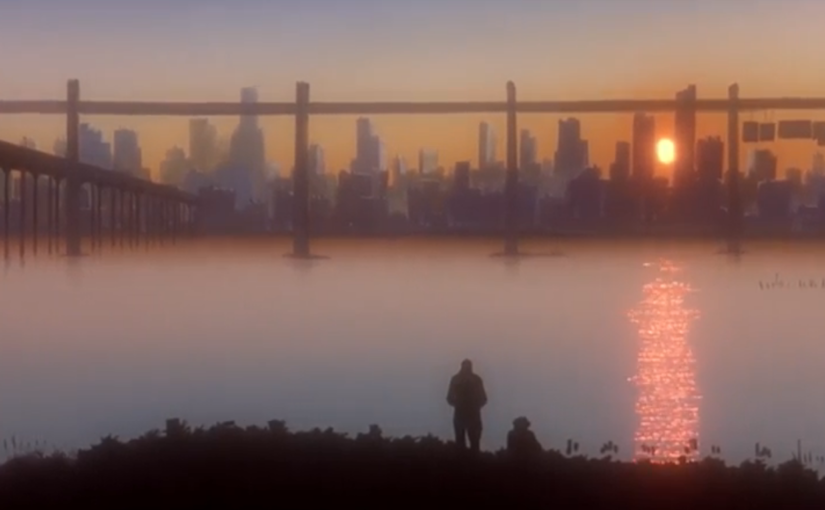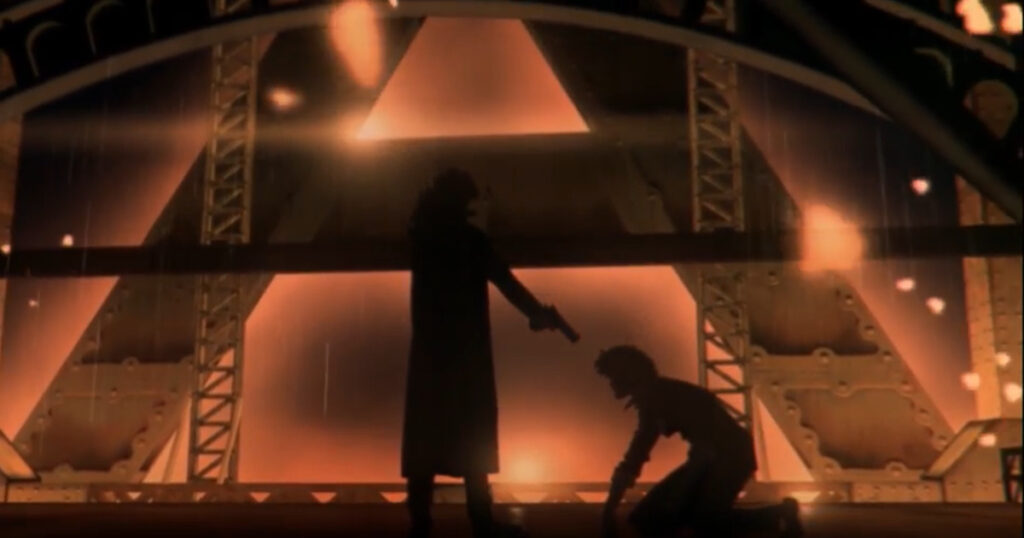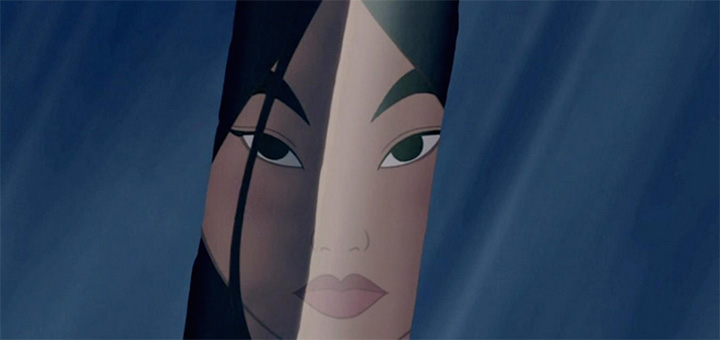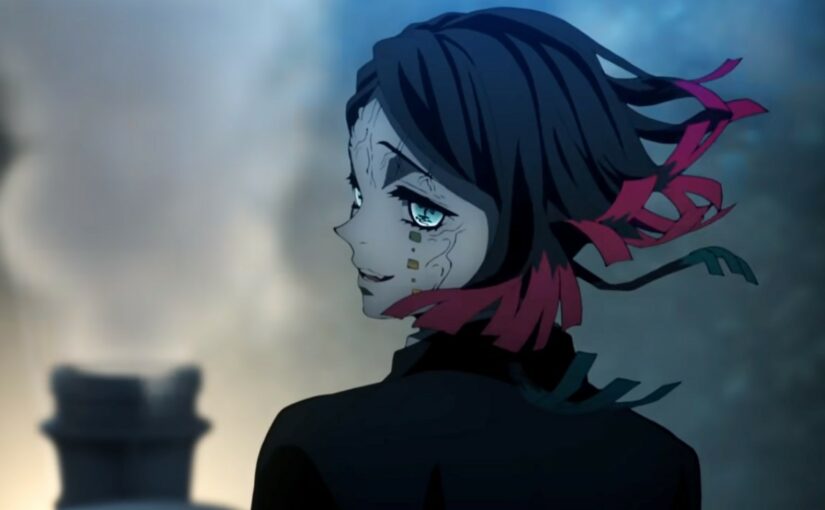Ignoring all the controversy around the production and cast of Mulan, it is arguably a good show. But was a live-action re-make necessary in the first place?
I grew up watching Disney movies. Disney played a huge role in carving the animation landscape in the United States. With Disney owning a large swath of intellectual property, much of it both iconic yet aging, it isn’t surprising that they would remake the classics. Over the last three years, Disney has made live-action versions of the Lion King, Aladin, and now Mulan.
I’m not going to say that these shows are bad. In fact, it demonstrates how much technology has advanced. I was hesitant when I heard “live-action Lion King,” but I was blown away by the computer graphics. But again, were these even necessary? The remakes followed the same plot as the originals, and the originals haven’t even aged poorly; in fact, many may even argue that the originals are better in some regards
Obviously, this is a cash grab by Disney looking to cash in our nostalgia. However, if we were to do a remake, why wasn’t it an animated remake? The Lion King lost its charm and innocence when the animals weren’t cute animated creatures but straight-up beasts. Mulan changed from a fun childish cartoon to a war movie. This isn’t to say that animations are solely for children– in fact, there are many cartoons just for adults. But, considering Disney’s target demographic being families, it is confusing why they decided to go live rather than stay animated.
Yet another question, why re-make old stuff? Disney could have definitely decided to make sequels or continue the story in some other way. In some cases, remaking makes sense: like with the 2011 version of Hunter X Hunter remaking the 1999 version. The HXH remake was done to preserve a congruent art style when they adapted more volumes. If Disney had the same goal in mind, they would have also re-done Lion King 2, etc. But, instead, they just remade the first ones.
Maybe I’m being too cynical. Nostalgia for nostalgia sake is not always a bad thing.

